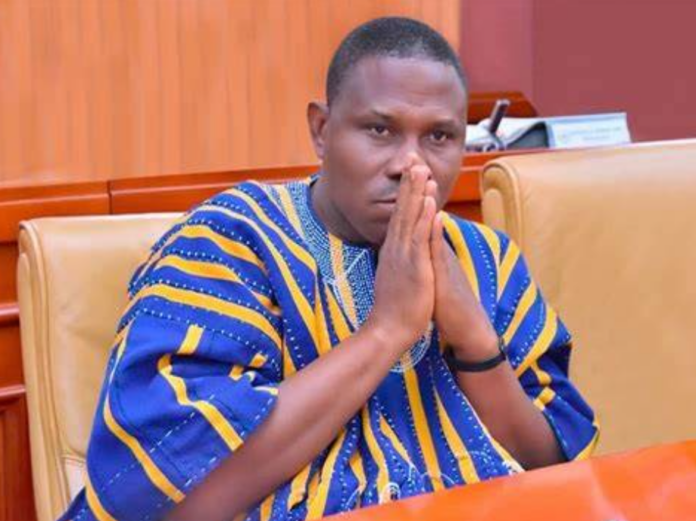The Second Deputy Majority Whip, Alex Tetteh Djornobuah, has issued a stern warning to the opposition National Democratic Congress (NDC) over their decision to block key government business.
“If NDC is preventing us from presenting these papers, then what I will say is that we should leave it to them. Equally, it’s not important for us to pass or vote on accounts for them to use in January, February, and March. If this is what they want us to do,” he added.
The NDC’s move to halt legislative actions that could impose financial commitments on the next administration has drawn sharp criticism from the Majority.
In an interview on Joy FM‘s Newsnight on Monday, December 18, Mr Djornobuah appealed to the Minority to cooperate in finalising important matters on the Order Paper before the current government’s term ends on January 6, 2025.
He stressed the urgency of passing items such as the Economic Partnership Agreement (EPA), measures concerning the Ghana Boundary Commission, and incentives under the One District, One Factory (1D1F) initiative.
“We cannot do all the business or everything that has been programmed in the Order Paper, and I want the Minority side to actually help the government to transact this business because this government’s term will end on January 6,” he pleaded.
He questioned the NDC’s logic, particularly in light of their campaign promises to reduce taxes, arguing that incentives for businesses are essential to Ghana’s economic development.
“If the NDC is saying that they are coming to reduce taxes, and we are also saying we want to give incentives to companies willing to establish businesses in Ghana, why are they preventing us from presenting these papers?”
The NDC’s stance is rooted in concerns over fiscal responsibility. They have vowed to block ongoing business that could saddle the next administration with financial obligations, including a controversial proposal to purchase ships for the Ghana Navy at an estimated cost of €140 million.
Minority Leader, Dr Cassiel Ato Forson criticised the proposal as unnecessary and a strain on the country’s already overstretched finances.


